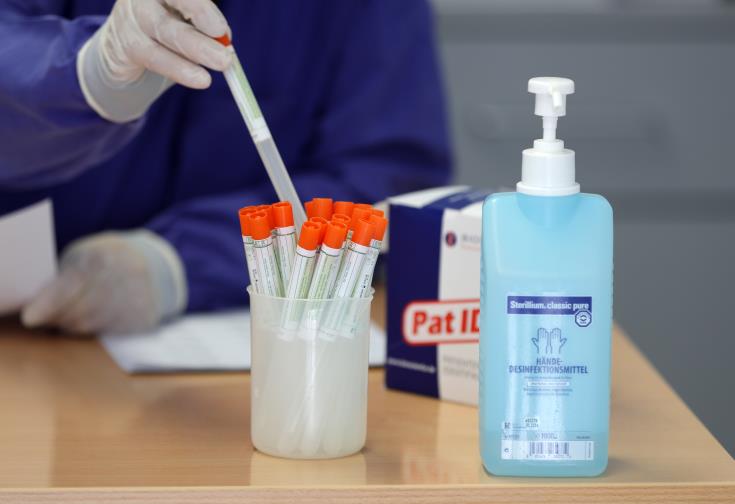Health experts are worried that Cyprus might be faced with a third wave of COVID-19 infections if the public does not abide by health protocols following recent relaxations of measures from the second national lockdown.
With Cyprus still not out of Lockdown II, cases have increased to over 300 a day in just over a month since the first relaxations were introduced.
Maria Koliou, Assistant Professor of Paediatrics and Infectious Diseases at the University of Cyprus, told the Cyprus News Agency that the country is far from being in the clear and the situation could easily take a turn for the worse.
“If we let the virus resurge and we do not pay attention and we view the relaxation of the measures as an opportunity to avoid implementing them, then we may have a problem on our hands,” said Koliou.
Daily coronavirus cases took a plunge to two-digit numbers last month, after the second lockdown was imposed on January 10 following a peak in daily infections to 907 on December 29.
However, just a few days before the announcement of the first set of relaxations by the health ministry for February, new daily cases of SARS-CoV-2 returned to three-digit levels and have since increased to around 300.
Testing has also increased from an average of 25,000 per day to sometimes 40,000 to 45,000 per day, with the health ministry urging employees, teaching staff and students to get tested.
On Thursday, authorities reported another 384 new cases from 36,000 tests. The highest daily tally since the outbreak’s December 29 peak.
“An increase was expected to some extent. How much more the increase will be in the coming days will reveal whether it will be really worrying or not,” Koliou said.
She added that mandatory testing of high school students who returned this week as well as employees, revealed an increase in infections among young people.
New variant in Cyprus
Koliou explained that the increased cases were partly due to the Covid-19 variants identified in Cyprus.
A number of samples sent to the European Centre for Disease Control (ECDC) came back positive for the more potent UK strain earlier this week.
Referring to the new variants, Koliou said that they seem to be more easily transmitted, adding that young people showed more resistance during the first wave.
Apart from the UK variant, which is more infectious to young people, Koliou said a Cypriot variant Β1-258, similar to the UK one, has also been identified.
“The uncontrolled multiplication of the virus in a country where no measures are implemented and surges of the virus are left unchecked, pave the way for the emergence of strains with increased transmissibility,” Koliou explained.
“The emergence of new variants reiterates the need to speed up the vaccination process,” she argued.
“Until the vaccination programme reaches the desired percentage of the population, we must strive to keep the daily number of coronavirus cases low,” added Koliou.
On March 16, the reopening of restaurants and cafes is expected, while three years of the lower high-school gymnasium students will also be returning to school.










